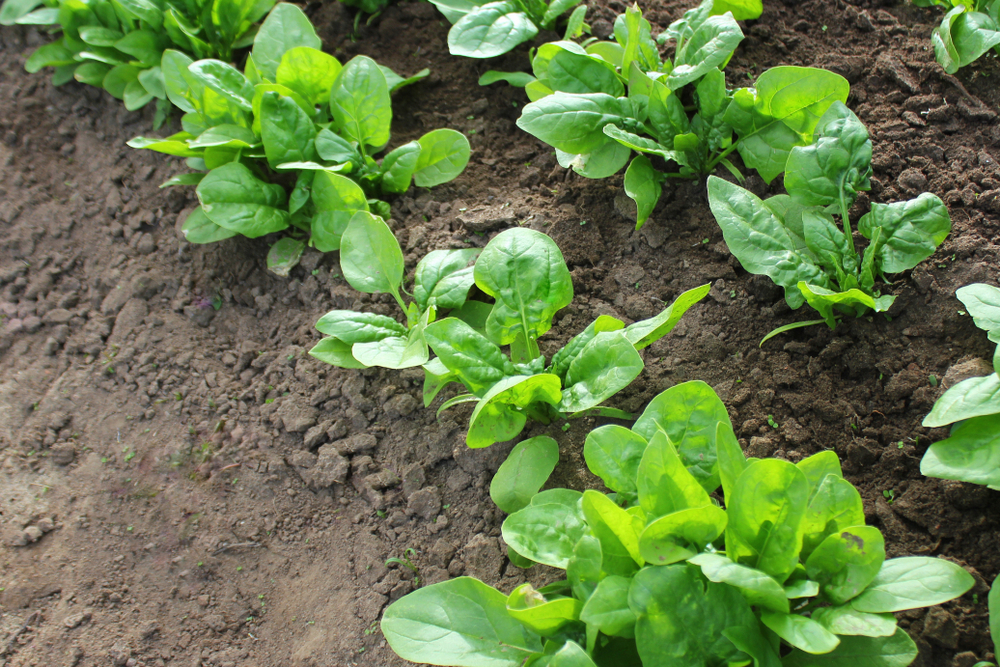GardenZeus Serious Gardening: Are You Eating Toxic Lead with Your Spinach and Leafy Greens?

Spinach, among all the popular garden vegetables, is especially effective at absorbing essential metals, those needed for both plant and human health, such as iron and manganese, from the soil. Unfortunately, spinach is also of special concern to GardenZeus expert Darren Butler because it is effective at absorbing toxic metals from soil, including lead and cadmium.
GardenZeus expert Darren Butler has a longstanding concern about lead in particular being absorbed from soil into spinach leaves, and as a result, despite its incredible nutritional value, he has boycotted spinach, including organic spinach, for many years, unless it is grown in soil that he knows. Darren boycots all spinach and organic spinach offered for sale at supermarkets or farmer’s markets; in dishes at restaurants or cooked by friends; and in juices, even if organic or locally grown. GardenZeus encourages eating spinach, but only if you know the lead levels in your soil; usually this requires testing your soil first and then growing the spinach yourself.
Lead serves no purpose in the human body. According to the CDC, lead can negatively affect nearly every system in the body and it may cause a wide range of health problems. Most problematically, it can affect the brain and nervous systems of fetuses and young children.
Lead is common in many soils throughout California and the United States, especially in urban areas, primarily as a result of the decades of historical use of lead paints and leaded gasoline. After personally completing numerous soil tests over many years, Darren has commonly found high lead levels in urban soils throughout Southern California, often exceeding EPA toxic levels, especially near older houses and on properties with houses built prior to the 1960s, in areas near freeways and busy streets, and near industrial or commercial areas. Lead-contaminated soil appears to the human eye no different than uncontaminated soil; a lab test must be completed to determine lead levels.
Lead enters the human body from soil and gardens through eating vegetables that have absorbed soil lead, with highest risk from leafy greens, new shoots or stems, and roots; through breathing dust from lead-contaminated soil, such as while working or digging in the garden; and through eating any vegetable with particles of soil or dust on its surface that are lead contaminated.
Organic standards for lead in soil and compost are insufficient to meet Darren Butler’s personal comfort level. With rare exceptions, Darren eats spinach grown only in soil that he knows personally and that has been tested and confirmed to be low-to-very-low in lead. He strongly recommends a soil test before growing and eating spinach in your soil, especially in urban areas; doubly so on properties that had a house or any building prior to the 1970s (lead paint was banned for residential use in the United States in 1978); and triply so if the spinach will be eaten by children or young adults under the age of 25.